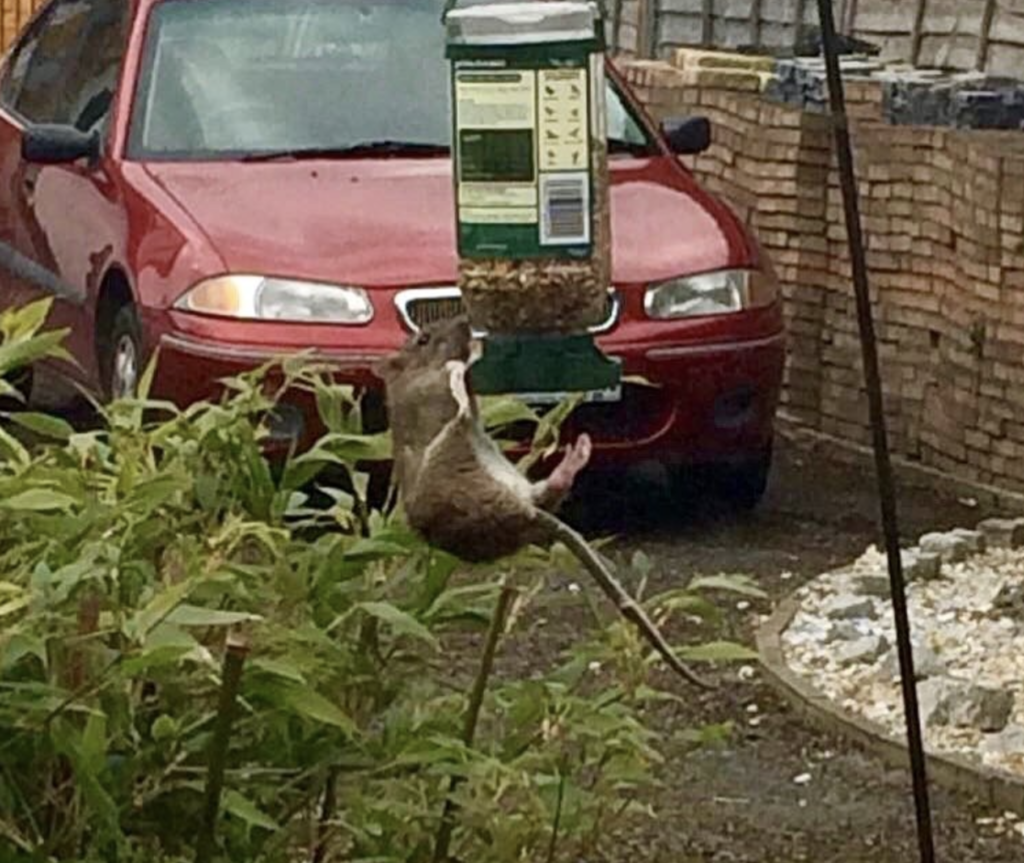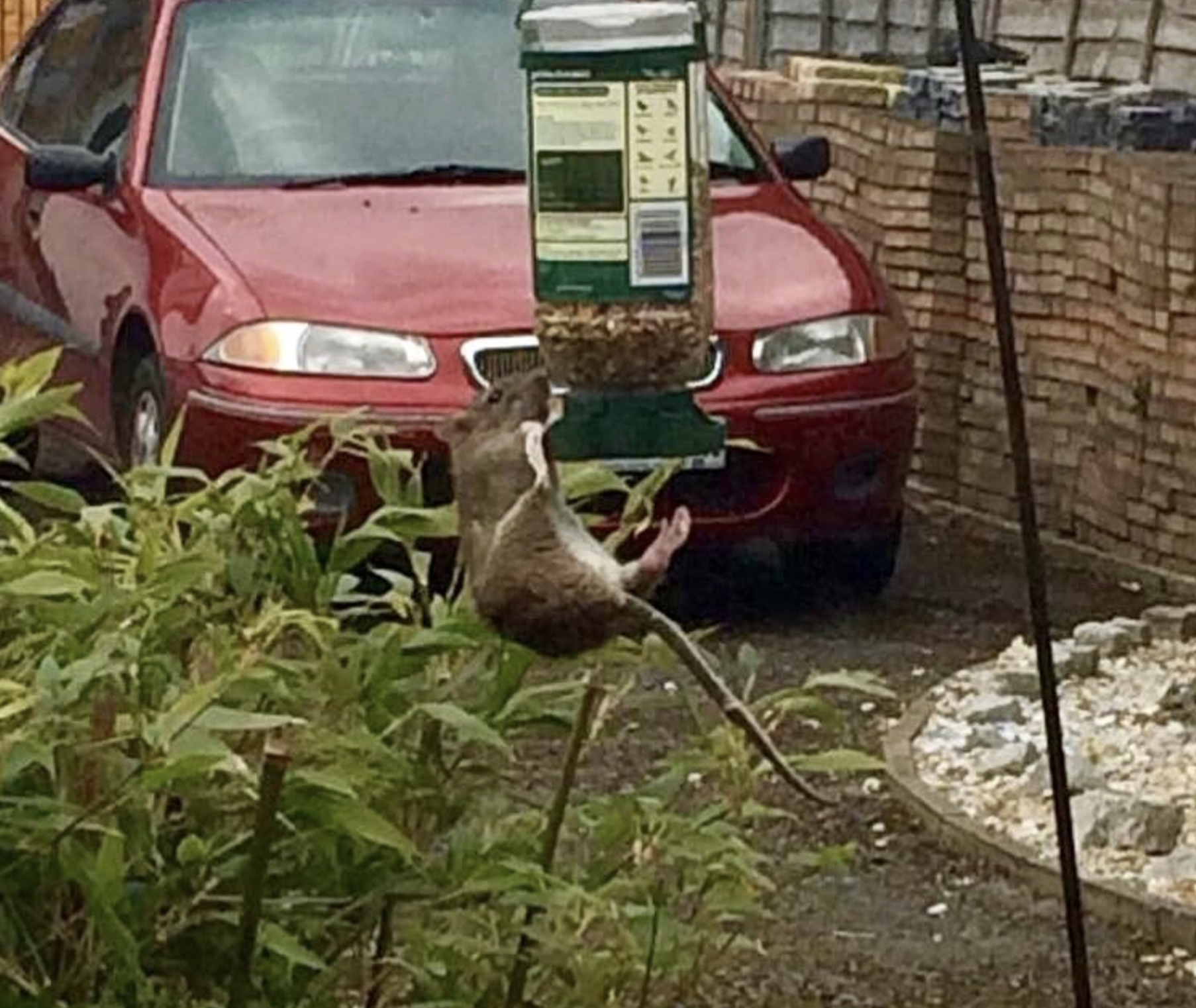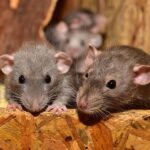
Bird Feeders and Environmental Risks: Seeds, Rats, and Non-Native Plants
1. Introduction
Bird feeders provide a delightful way to connect with nature and support local bird populations, but they also pose risks. These include attracting rodents like rats and contributing to environmental challenges. One lesser-known problem is the introduction of invasive plants through bird seed, which can harm ecosystems. This blog highlights these risks and outlines practical steps to address them.
2. The Problem with Bird Feeders and Rodents
Bird feeders offer a consistent food source, but poorly managed ones can attract rats. These opportunistic pests feed on seeds spilled on the ground, leading to infestations and associated health risks. To avoid these issues:
- Position feeders carefully,
- Keep the surrounding area clean, and
- Use rodent-proof designs to deter pests.
If rodents are already an issue, visit Shire Pest Solutions for tailored advice and effective pest control solutions.
3. Environmental Impact of Bird Seed
Birds often drop or excrete seeds from feeders, unintentionally introducing foreign plant species to areas where they don’t belong. Many commercial seed mixes contain non-native or invasive species, which can displace native plants, disrupt ecosystems, and reduce biodiversity.
4. Risks of Invasive Plants from Bird Seed
Studies reveal that bird seed frequently contains weed seeds. For example, UK bird feed has been found to include non-native species like amaranthus (pigweed), which can become invasive. These seeds, including herbicide-resistant varieties such as Palmer amaranth and waterhemp, pose a threat when introduced into agricultural or natural areas.
Birds can spread these seeds far from feeders, introducing them to vulnerable environments. In the UK, invasive plants can outcompete native species, resulting in costly control measures. Around 10% of bird feed samples in some studies contained seeds of harmful invasive plants, underscoring the importance of choosing the right bird seed.
5. Steps to Mitigate Risks
You can reduce the risks of rodent attraction and invasive plant spread by adopting these strategies:
- Choose Native and Clean Bird Seed: Select seed mixtures sourced from UK producers, certified to be free of invasive or non-native species.
- Prevent Seed Spillage: Use trays or ground feeders to catch fallen seeds, and clean the area under feeders regularly.
- Plant Native Vegetation: Reduce reliance on artificial feeders by growing native shrubs and flowers that naturally support birds.
- Inspect Seed Packaging: Avoid mixes with fillers like millet, which birds often discard, increasing spillage.
- Dispose of Unused Seeds Responsibly: Never scatter bird seed in areas where it may grow unchecked.
6. Conclusion
Bird feeders can support wildlife, but they come with responsibilities. Poor maintenance can lead to rodent infestations and the spread of invasive plants. By choosing native seed mixes and keeping feeders clean, you can enjoy feeding birds while safeguarding the environment.
If rodents are causing problems, consult Shire Pest Solutions for expert help.
Thoughtful feeder management allows you to support local wildlife without creating unintended environmental harm. With careful choices, bird feeders can enhance biodiversity rather than detract from it.




